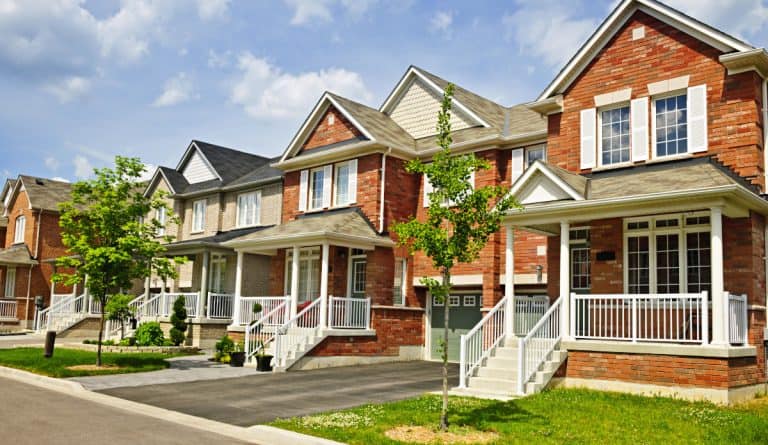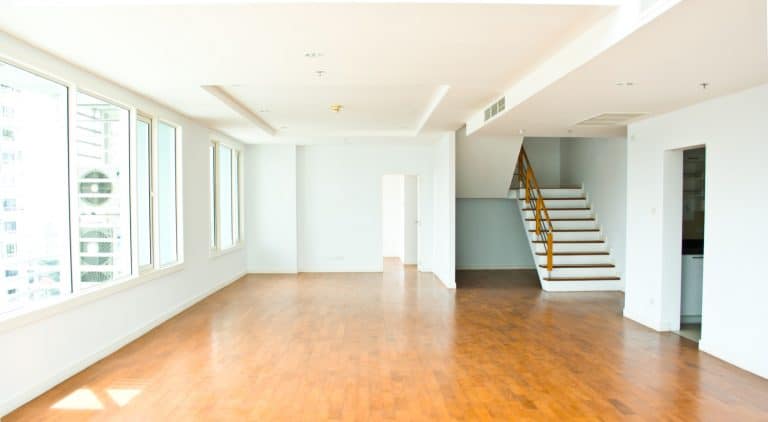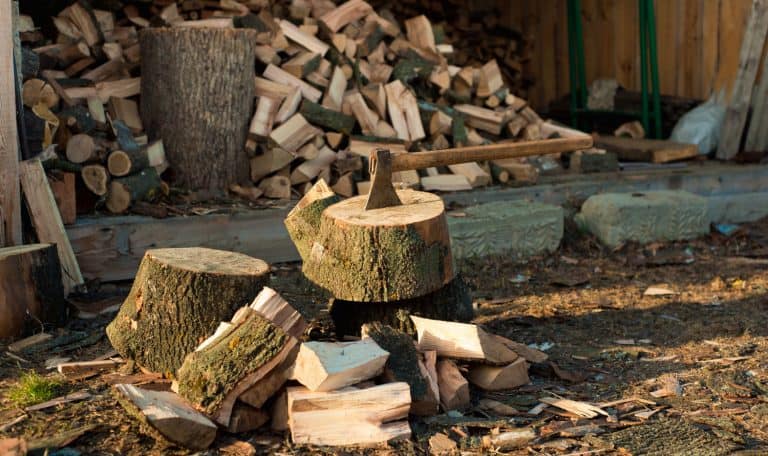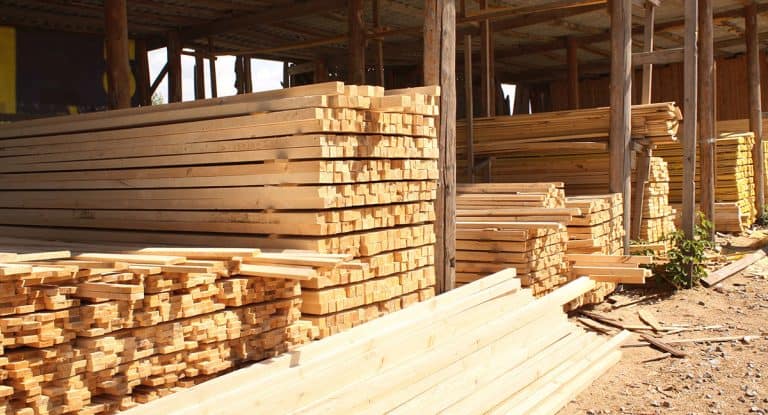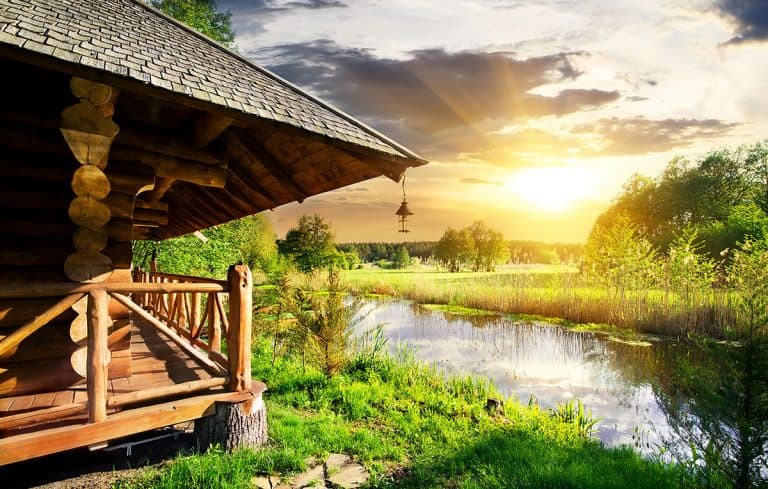Should I Buy a House Near a River?
When you’re searching for a house, numerous factors could affect your decision, from deciding on the location to deciding on a price that fits your budget and anything in-between. Each of these factors can effectively sway your decision on your dream home.
Perhaps you are also considering buying a house near a river and wondering if that is a good idea. While the easiest answer to help homeowners is to give them a hard yes or no, but the actual reply to this question would be: ‘that depends.’
Living near a river can be very enjoyable, both in terms of the beautiful views and opportunities for recreational activities. But make sure the house is not a risk for flooding and soil erosion. Also, consider the risk of unwelcome guests as well as increased maintenance costs.
In this article, you’ll find some of the important things to consider when buying a house near a river, including the advantages and disadvantages of living by the stream.
What Are the Pros and Cons of Buying a House near a River?
If you’re considering buying a house near a river, then chances are that you’ll want to first explore some pros and cons to your decision. Below are some crucial advantages and disadvantages to living near rivers and other bodies of water.
Pros of Living by the River
The view from a river-front property is very attractive. A serene living environment can be uplifting to your mood when you open your windows to enjoy the running waters every day.
For anyone suffering from respiratory problems, living by the river may also mean fresher and cleaner air. This is as your home would usually be located away from the pollutions of the city.
Depending on the size of the river, you may even be able to swim, wade, or boat in the river. Some homeowners may also consider casting their fishing nets wide into the river, hoping to catch some wild fish for their meals.
If you’re not keen on having too many neighbors, then living by the river can be good for you. Thanks to the lack of available land, it could mean you’ll have a wide gap between you and your neighbor and very little chance that your river-view will ever be replaced by a building. This is great for anyone looking to have more privacy in their homes.
Cons of Buying a House near a River
While there may be beautiful views outside your house when you purchase a riverside home, one of the biggest disadvantages would be concerns about natural disasters. Unwanted occurrences such as floods and soil erosion may affect your house, given that you will be living by the waters.
Subsequently, you’ll also have to worry about pests on your property. Insects such as mosquitoes often take still waters as their breeding ground. Depending on location, you may also run into snakes (many snakes prefer a humid environment) or alligators.
If you’re living near a river that is open for public use, then you may also have to worry about trespassers or disturbing tourists during holiday seasons. This could interrupt the privacy you have previously invested in, and you may have to set up signs or fences to keep out unwelcome guests.
Finally, there is the concern of security when you buy a house near a river. Because the houses may be far apart from each other, you could be targeted for burglary or theft. With fewer neighbors to assist you in times of need, this could be worth considering before you move into a riverside home.
5 Things to Consider Before Buying a House near a River
As you can see, numerous pros and cons could affect your decision to buy a house near a river. Besides the general pros and cons, however, here are 5 other things you’ll have to consider and perhaps look for ways to mitigate:
Houses near a River More Cost More
Unless you have already settled on a large budget or been offered a reasonably priced house, then you may find it surprising that houses near a river will often cost more. This is as the views and serenity of living by the rivers are usually considered a big plus during a sale, so you could be paying for prices beyond the market rate of similar houses in the area.
If you’re purchasing a house with a price that seems too good to be true, then you’ll want to question why the price has come so low. Most houses that have suffered damages prior may often go for cheap, but this could mean that the structural integrity of the houses is not as stable as it was before.
Maintenance Can Be a Hassle and Is Expensive
Unlike regular houses in suburbs and other areas, houses set near a river often requires more maintenance. This could rack up to expensive bills every month and be a hassle in the long run. Frequent maintenance such as measuring soil stability, building walls to withstand soil erosion, and purchasing special humidity-resistant paints for your home can add up in cost.
Do note that houses near rivers are often vulnerable to mold due to the high humidity levels. This could mean you may have to treat your laws furniture and belongings with mold-resistant care, making it an additional hassle to what was meant to be a serene lifestyle.
You’ll Always Be at the Mercy of Mother Nature
While houses near a river can offer you beautiful views of Mother Nature, it may also be the first units to suffer from natural disaster damages. During storm seasons, houses near rivers will always be at the mercy of floods and mudslides, as water levels from rivers can rise to an unstable level.
This may mean that you’ll constantly be living with worry and fear, as you’ll never know when disaster can strike and wipe out your belongings. Although some houses near rivers have lasted for decades without issues, there’s no saying when an unexpected storm can brew and cause disastrous problems.
Home Insurance Can Be Costly and Difficult to Obtain
Finally, it could be difficult for you to get insurance for houses set near the river. This is as insurance companies will require numerous documentations to ensure that your house can be safe for living in the long run.
Should you be lucky enough to find an insurer who is willing to provide you home insurance, you may also have to expect high premiums to protect you and your family. Houses set by the river are often considered high risk, hence the steep price tag on your home insurance policy.
Should I Buy a House By the River?
What’s important is to make an informed decision based on the pros and cons mentioned above. Some of the downsides can be avoided by doing some research of any house you’re considering: Look at maps that detail risks of soil erosion, flood maps, etc. Also, look into what wildlife lives in the area and how the river is used for recreation.
Having a waterfront property can be amazing, as long as you have done your due diligence beforehand.

